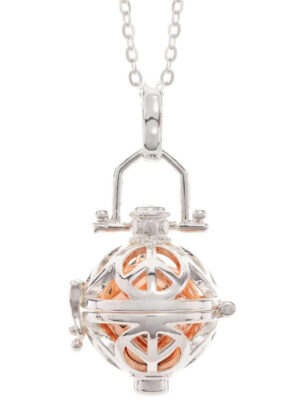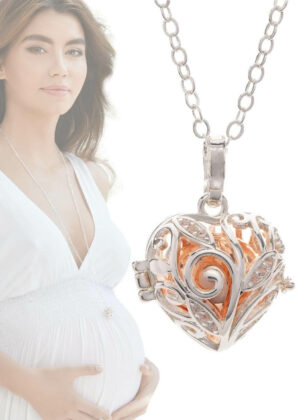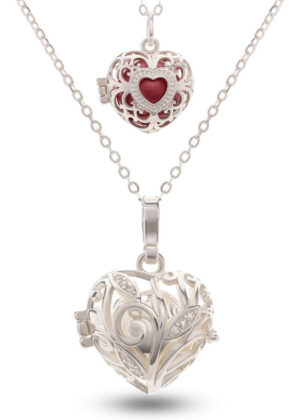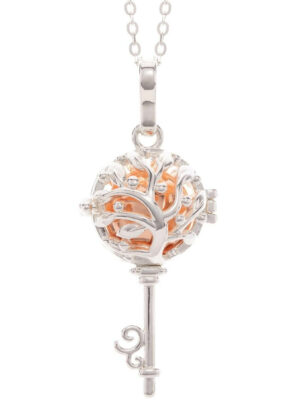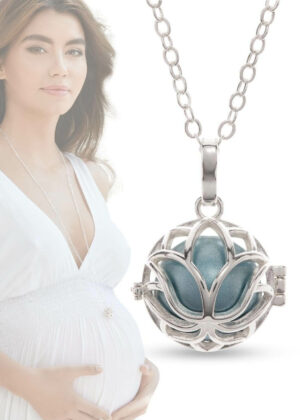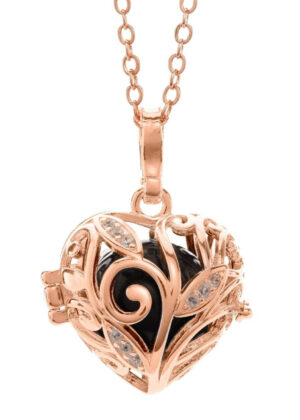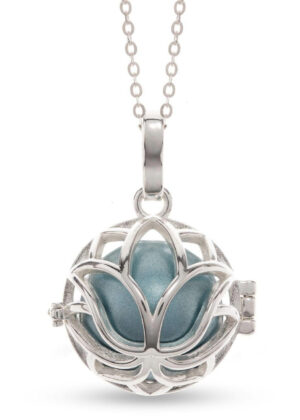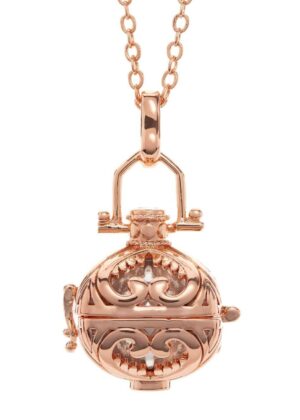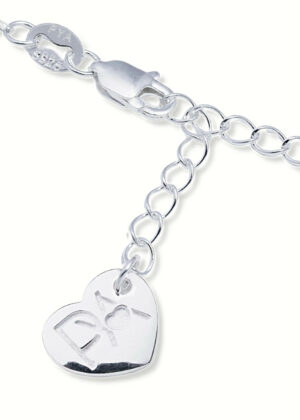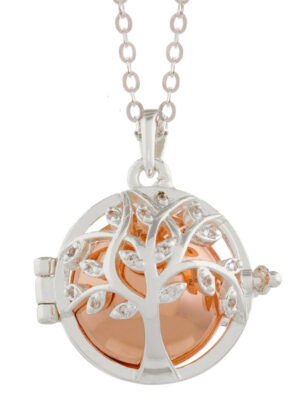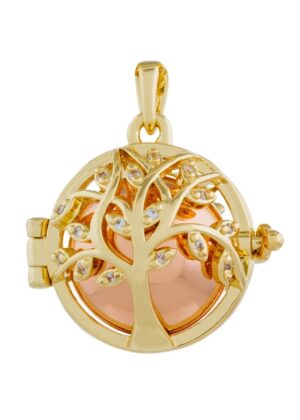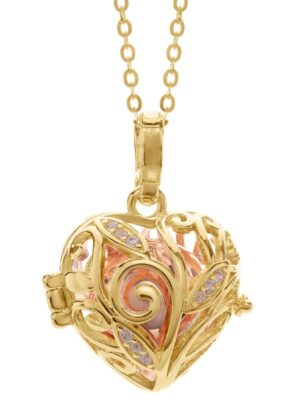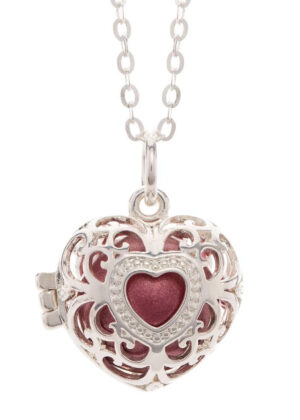Baby blues refers to the low mood shortly after the birth of a child, which affects many new mothers: eight out of ten women experience baby blues instead of the expected maternal happiness in the first few days after giving birth. Instead of the unbridled happiness about their offspring, which they had already felt during pregnancy, mothers are overwhelmed by a wave of sadness during this time. Baby blues can also manifest as a lack of drive and courage, frequent crying, loss of appetite and increased irritability. There are many reasons for this. First of all, the female body is confronted with an enormous change after childbirth: the sharp drop in hormones, the postpartum flow and general physical discomfort. In addition, there is the new reality of life with the child: caring for the baby, including all-nighters, is a completely new challenges for most parents that requires a little getting used to. In addition, there is the ideal image of the always happy, radiant mum, which does not fit at all with the reality of the baby blues.
Baby blues – what to do?
For many mothers with baby blues, the question of what to do about it comes immediately to mind. The first step is to accept the current situation as it is. Let go of the ideas you had before the birth about this first time with your baby and leave the pressure of having to be the perfect mother and not being allowed to feel sad. You are perfect just the way you are! In a quiet moment, mindfulness exercises and meditations can help you to ground yourself and arrive in the moment. Creating these moments is another step you can take to combat baby blues. Enlist the support of your loved ones to take time for yourself, catch up on sleep and heal. After all, you don’t have to do all the baby-related tasks yourself. Your close ones are also the cue for our next tip to the question “Baby blues – what to do about it?” Confide in your family and confidants and share your worries with them, because a sorrow shared is a sorrow halved. Maybe your mother, sister or friend has been in a similar situation as you. Another good person to talk to is your midwife or gynaecologist. This might also be a chance for you to exchange experiences with other affected women. In addition to emotional support, physical touch is also an insider tip against baby blues. When you cuddle your little one, your body releases the happiness hormone oxytocin. This is supposed to lower your stress levels, bring about relaxation and at the same time strengthen the bond with your child.
What to do with baby blues and postpartum depression?
As you can see, the question “What to do with baby blues?” allows many answers. The good thing about this mild, depressive mood is that it is usually over within a few days. Patience, forgiveness with yourself and our advice will make the time a little more pleasant for you. The angel caller jewelry from our Engelsrufer online shop serves the same function. Individualised lucky charm necklaces already accompany you through your pregnancy and are intended to strengthen the connection with your unborn child through the sound of the harmony ball of the necklace. Depending on the choice of the lucky charm necklace pendant, the mama chain is supposed to have a positive effect on your own well-being: choose the Angel Caller, for example, as a source of strength, resilience, love, happiness, and hope in your everyday life.
Contact your midwife or gynaecologist if your low mood persists. They both deal with women every day who are facing similar challenges as you and know professional advice. Counselling centres are another way to get expert help.
-
Angel Caller “Source of Peace”
69,89 € -
Mama Chain “Angel Caller”
79,89 € -
“Symphony of Hearts”
129,89 € -
Angel Caller “Key of Wisdom”
69,89 € -
Mama Chain “Protection Flower”
79,89 € -
“Angel Caller” 14k Rose Gold
65,99 € – 69,99 € -
Mama Chain “Key of Wisdom”
59,89 € -
Angel Caller “Protection Flower”
79,99 € -
Angel Caller “Whisper of Heart”
45,89 € – 49,89 € -
Engelsrufer Kette “Tree of Life” 925 Sterling Silber
65,89 € – 69,89 €

-
Mama Chain “Protection Flower”
79,89 € -
“Symphony of Hearts”
129,89 € -
Angel Caller “Whisper of Heart”
45,89 € – 49,89 € -
Engelsrufer Kette “Tree of Life” 925 Sterling Silber
65,89 € – 69,89 € -
Mama Chain “Angel Caller”
79,89 € -
“Angel Caller” 18k Gold
85,99 € – 89,99 € -
“Angel Caller” 14k Rose Gold
65,99 € – 69,99 € -
Angel Caller “Heartsoldier”
79,89 €


